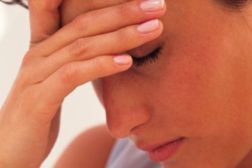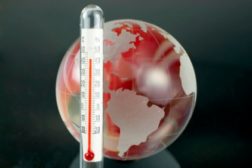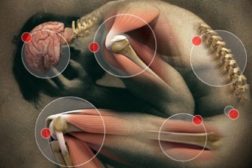Home » anxiety
Articles Tagged with ''anxiety''
Captain Sully’s moment of crisis
ISHN Editor Dave Johnson reporting from NSC Congress & Expo
October 24, 2012
New strategies needed to fight climate change
The psychology of fighting climate change
October 19, 2012
Become a Leader in Safety Culture
Build your knowledge with ISHN, covering key safety, health and industrial hygiene news, products, and trends.
JOIN TODAYCopyright ©2024. All Rights Reserved BNP Media.
Design, CMS, Hosting & Web Development :: ePublishing






